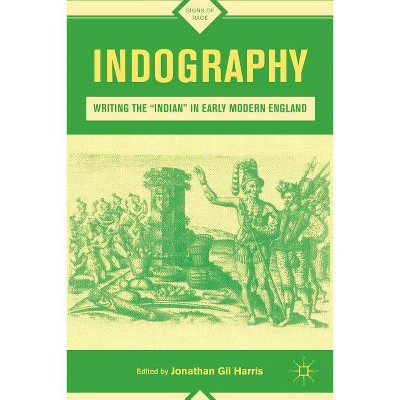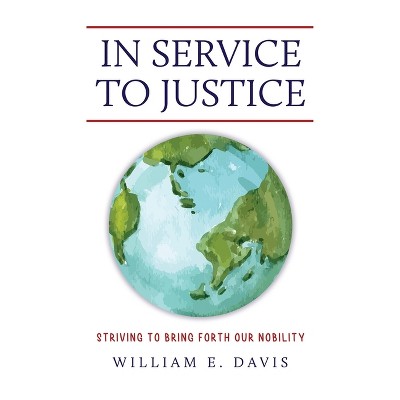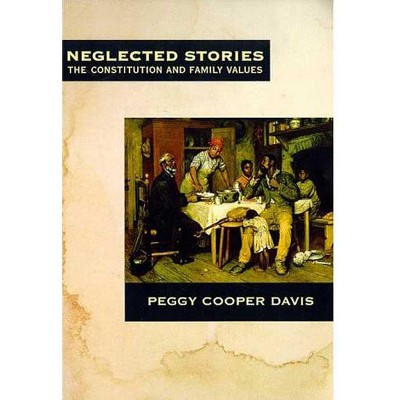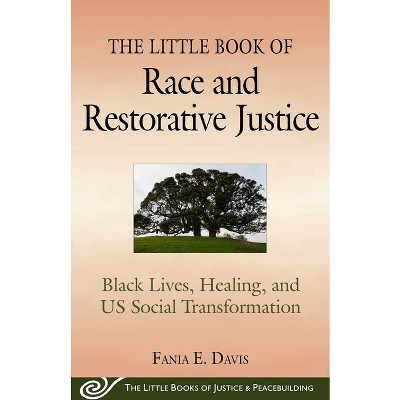Sponsored

Robed Representatives - by Taneisha Means
Pre-order
Sponsored
About this item
Highlights
- The number of Black state and federal judges has grown considerably in the post-Civil Rights Era.
- About the Author: Taneisha Means Davis is Associate Professor of Political Science at Vassar College.
- 322 Pages
- Freedom + Security / Law Enforcement, Judicial Power
Description
About the Book
"The number of Black state and federal judges has grown considerably in the post-Civil Rights Era. They are, in fact, the second most represented group of judges in the state and federal courts. Furthermore, historic appointments of Black men and women to the federal judiciary, including Ketanji Brown Jackson, as well as generally increased calls for the diversification of the courts in recent years have renewed questions about judicial representation. What does having more Black judges in courthouses and communities mean for the political representation of Black people and Black interests? In Robed Representatives, Taneisha Means Davis offers new insights into the lives, identity politics, and actions of Black state court judges. The narratives centered in the book reveal an identity-to-politics link that exists among Black judges that lead them to represent their group interests. This link is corroborated with data that highlights numerous previously unidentified manifestations of racial representation in the legal system. Means demonstrates that only through exploration of the lives, identities, and behaviors of historically underrepresented judges will it be possible to arrive at a comprehensive understanding of the importance - and limitations - of racial diversity in the courts"--Book Synopsis
The number of Black state and federal judges has grown considerably in the post-Civil Rights Era. They are, in fact, the second most represented group of judges in the state and federal courts. Furthermore, historic appointments of Black men and women to the federal judiciary, including Ketanji Brown Jackson, as well as generally increased calls for the diversification of the courts in recent years have renewed questions about judicial representation. What does having more Black judges in courthouses and communities mean for the political representation of Black people and Black interests?
In Robed Representatives, Taneisha Means Davis offers new insights into the lives, identity politics, and actions of Black state court judges. The narratives centered in the book reveal an identity-to-politics link that exists among Black judges that lead them to represent their group interests. This link is corroborated with data that highlights numerous previously unidentified manifestations of racial representation in the legal system. Means demonstrates that only through exploration of the lives, identities, and behaviors of historically underrepresented judges will it be possible to arrive at a comprehensive understanding of the importance--and limitations--of racial diversity in the courts.
Review Quotes
"Means Davis takes the personal element of judging to a different and deeper level by proposing the theory of advocative representation involving Black Judges in American courts. I do not know of any other such book on the market. The book represents an important theoretical enhancement of what we know about judicial decision making, especially at the trial court level where most Black judges work. A must read and a wonderful achievement!" --Isaac Unah, University of North Carolina at Chapel Hill
"This pathbreaking book presents an innovative theory of advocative representation and rich supportive empirical evidence that promises to reshape the way we think about judicial politics. An outstanding accomplishment." --Greg Goelzhauser, Utah State University
About the Author
Taneisha Means Davis is Associate Professor of Political Science at Vassar College.Shipping details
Return details
Trending Non-Fiction

















